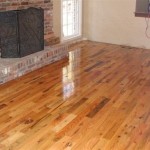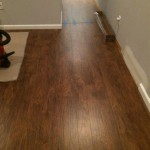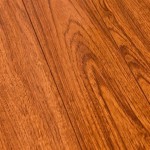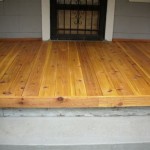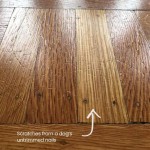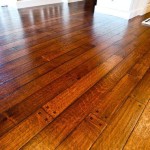Brick Flooring Kitchen Cost: Essential Considerations
Enhancing your kitchen with brick flooring adds timeless charm and rustic elegance. However, understanding the cost implications is crucial before embarking on this project. Several factors influence the overall expense, including material selection, installation type, kitchen size, and labor rates.
Material Selection:
The brick material you choose plays a significant role in determining the cost. Traditional clay bricks offer durability and heat resistance but can be more expensive than other options. Reclaimed bricks, with their unique character and patina, are another possibility but also command a higher price. If budget is a concern, consider glazed ceramic tiles that mimic the look of brick at a lower cost.
Installation Type:
There are two primary installation methods for brick flooring: mortar and floating. Mortar installation, where bricks are laid with a cement-based adhesive, provides the most secure and durable bond. However, it requires skilled labor and can be more time-consuming, thereby increasing installation costs.
Kitchen Size:
Unsurprisingly, the size of your kitchen will directly impact the cost of brick flooring. Larger kitchens require more material and a more extensive installation process, leading to higher expenses. Measure your kitchen accurately to estimate the square footage and factor that into your budget.
Labor Rates:
The skill and experience of your installer will influence the cost of installation. Hiring a reputable contractor with references ensures a quality installation but may come with a higher hourly rate. Labor costs can vary depending on your location and the availability of skilled laborers.
Additional Costs:
In addition to the primary expenses mentioned above, consider these potential additional costs:
- Demolition and removal: If you need to remove an existing flooring, factor in the cost of demolition and disposal.
- Subfloor preparation: Ensure the subfloor is level and stable before brick installation. This may require additional materials or labor.
- Grout and sealant: Grout fills the gaps between bricks and provides a finished look. Sealant protects the flooring from stains and moisture.
Estimated Costs:
The cost of brick flooring for a kitchen typically ranges from $10 to $25 per square foot, including materials and installation. This estimate can vary depending on the factors discussed above.
Conclusion:
Brick flooring can transform your kitchen into a warm and inviting space. By considering the essential aspects of cost, including material selection, installation type, kitchen size, labor rates, and potential additional expenses, you can accurately estimate the investment required to create your dream brick-floored kitchen.

Authentic Brick Floor Tiles Experienced And Stone

Things To Know Before Installing Brick Floors

Things To Know Before Installing Brick Floors

Things To Know Before Installing Brick Floors

Follow The Yellow Brick Home Beautiful And Timeless Floors A Kitchen Makeover Sneak K

Authentic Brick Floor Tiles Experienced And Stone

Authentic Brick Floor Tiles Experienced And Stone

Herringbone Brick Paver Floor Wildfire Interiors

Brick Flooring Advantages And Disadvantages Happho

Authentic Brick Floor Tiles Experienced And Stone
Related Posts


